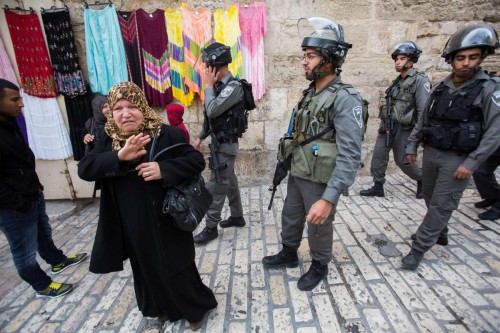
India reiterated its “unfailing and long standing commitment” to the Palestinian cause and stressed that there “has been, and can be no change in this position”.
Secretary (East) in the ministry of external affairs Anil Wadhwa, addressing the first session of the India-Arab League Senior Officials meeting, also said that India is “watching with great concern the unfolding crisis” in parts of the Middle East related to the rise of terrorism.
The Senior Officials Meeting aims to provide a new platform for taking the engagement with the 22 member states of the Arab League to a higher level.
The first ministerial level meeting is planned for early 2015 in one of the member countries.
Wadhwa stressed India’s unfailing and long standing commitment to the Palestinian cause and said that there “has been and can be no change in this position”.
He added that together they should see how the goal of a Palestinian state can be achieved at the earliest.
Touching on the crisis in the Middle East where the jihadist group Islamic State has swept across large swathes of territory in Syria and Iraq, Wadhwa said that together they should “resolve the menace of terrorism in a comprehensive manner”.
He said the 7.5 million Indians working in the Arab world “are a daily part of convergence” between the two sides, as well as bilateral trade that touched $184 billion last year.
“We face common threats to our security and economy and it is our firm belief that we must work together to face the challenges,” he said.
“India recognizes and deeply appreciates the sincere efforts of the League of Arab States to resolve conflicts in the region,” the official stated.
Mauritania’s Ambassador to Egypt and Permanent Representative to Arab League, Widadi Ould Sedi Heiba, whose country is the current president of the Arab League Council, said the first meeting would help lay a sound foundation for cooperation in all fields.
Heiba said it is necessary for both sides to come together and face economic and political challenges and also to unify our positions on regional political issues.
Both are also looking for win-win opportunities in investment and in human and cultural development, he said.